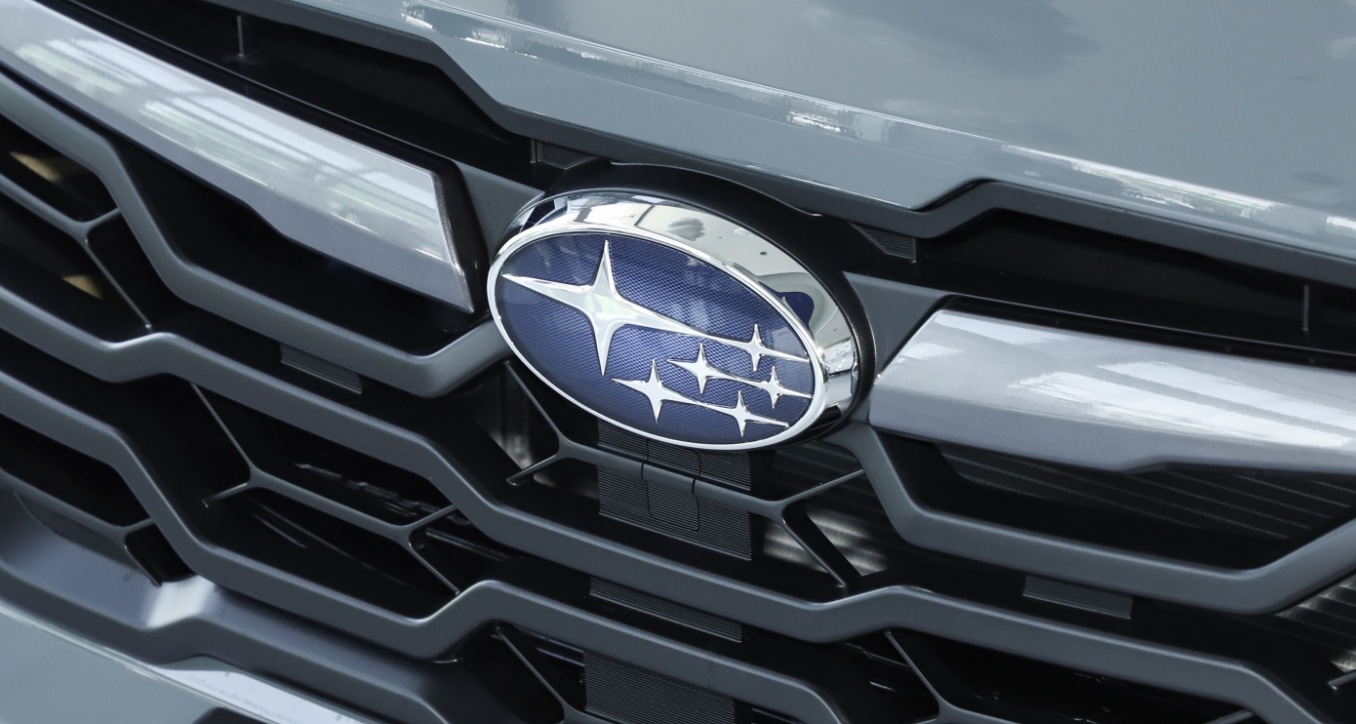In addition to Weibo, there is also WeChat
Please pay attention

WeChat public account
AutoBeta


2024-11-22 Update From: AutoBeta NAV: AutoBeta > News >
Share
AutoBeta(AutoBeta.net)09/25 Report--
On September 23, the U.S. Department of Commerce announced that it would propose to ban intelligent Internet-connected cars in the United States from using key hardware and software from countries such as China and Russia, citing national security reasons, and hopes to establish final rules by January 20, 2025. Brainard, director of the White House National Economic Council, said that if Americans want to choose an electric car, "we need to make sure it is made in the United States, not made in China."

Under the proposed regulations of the U.S. Department of Commerce, General Motors and Ford need to stop exporting cars from China to the United States. Because the Buick Unkoway sold by GM in the US market and Ford's Lincoln Voyager cars are assembled in China. However, Ford and GM had not commented as of press time.
Industry insiders said that the data privacy and security concerns claimed by the United States against China are undoubtedly exaggerated. Chinese car companies have made great achievements in the global electric car market, threatening the market share of American car companies. The US government is trying to give American companies more time to develop and adjust their supply chains by setting up market access barriers. However, Chinese-made cars do not have a large share of the US market, and in most cases, users can choose whether their personal data is shared with car companies.
In response to the US move, Chinese Foreign Ministry spokesman Lin Jian responded at a regular press conference on the 23rd that China opposes the US generalization of the concept of "national security" and the adoption of discriminatory practices against Chinese-related enterprises and products. China urges the United States to respect market principles and provide an open, fair, transparent and non-discriminatory business environment for Chinese enterprises. China will resolutely safeguard its legitimate rights and interests. He pointed out that the Chinese side has also noticed that there are many doubts about this in the US industry, and what the US side should do is to stop suppressing and containing other countries in the name of national security, so as to create an open, fair, transparent and non-discriminatory business environment for enterprises of all countries. China will resolutely safeguard its legitimate rights and interests.

In fact, Chinese automakers focus on Europe, Southeast Asia and the domestic market, and the United States has not become the target market for Chinese automakers. According to data from the Federation of passengers, in the first half of 2024, vehicle exports were mainly in Russia, Mexico, Belgium, Brazil and other markets, of which Russia ranked first, with 478500 vehicles, an increase of 29% over the same period last year, and Brazil contributed the most to the growth rate, up 488% from the same period last year, while the United States could not even get into the top 15. In other words, the various measures taken by the United States against Chinese electric vehicles have little impact on the global development of Chinese electric vehicles in the short term, but will cause multinational automakers to face the pressure of supply chain adjustment, such as local Ford and GM. Global consumers will ultimately bear the consequences of increasing R & D and production costs.
Three days later, on September 27, the US tariff rate on Chinese electric vehicles will come into effect, rising from 25% to 100%. If the 2.5% basic tariff imposed by the United States on electric vehicles is included, the final tax rate will reach 102.5%.
A spokesman for the CCPIT said that the US side continues to adhere to the wrong practice, ignores the opposition of the Chinese and US business circles to the imposition of tariffs, and refuses to fulfill the tariff reduction commitments made by the United States at the WTO. This kind of unilateralism, which obviously violates the WTO rules, will seriously affect the confidence of long-term and stable cooperation between relevant industries between China and the United States, and adversely affect the supply chain cooperation of the global industrial chain. The Chinese business community firmly opposes this.
Welcome to subscribe to the WeChat public account "Automotive Industry Focus" to get the first-hand insider information on the automotive industry and talk about things in the automotive circle. Welcome to break the news! WeChat ID autoWechat
Views: 0
*The comments in the above article only represent the author's personal views and do not represent the views and positions of this website. If you have more insights, please feel free to contribute and share.











© 2024 AutoBeta.Net Tiger Media Company. All rights reserved.